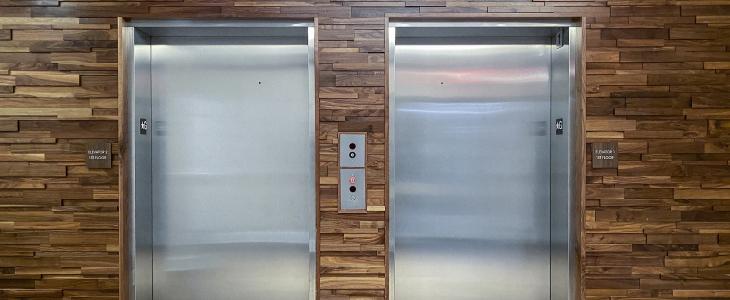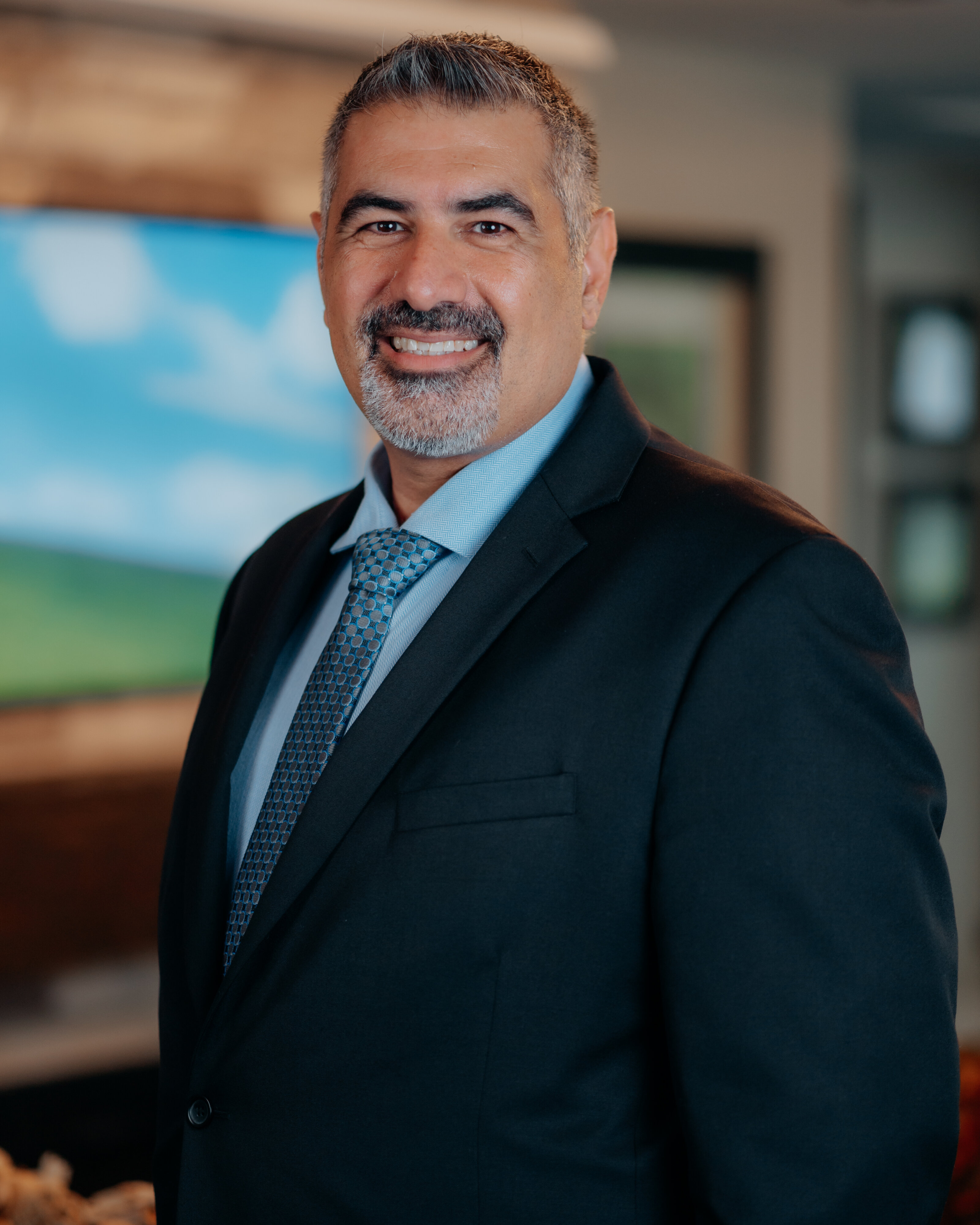Have you ever stepped into an elevator or onto an escalator and wondered about the potential risks involved? Elevator and escalator accidents are more common than you might think. These everyday conveniences can quickly turn into danger zones, from unexpected jolts to malfunctioning escalator steps. In this blog, we’ll explore the common causes of these accidents, your rights when you’re injured, and the safety measures you can take to protect yourself and your loved ones.
The Common Causes of Elevator and Escalator Accidents
Elevator and escalator accidents can result from various factors, posing serious risks to passengers. Common causes include:
- Mechanical Failures: Elevator malfunctions, such as sudden stops or drops, often occur due to maintenance issues or equipment failure. Escalators can also malfunction, leading to unexpected stops or entrapments.
- Poor Maintenance: Neglected or infrequent maintenance can result in faulty safety mechanisms, worn-out components, or inadequate lubrication, increasing the chances of accidents.
- Electrical Problems: Electrical glitches can lead to erratic movements, door malfunctions, or power failures, endangering passengers.
- Overloading: Elevators and escalators have weight limits; exceeding them can strain the systems, potentially causing breakdowns or collapses.
- Slip and Trips: Slippery or damaged flooring on escalators can lead to slips and falls, often exacerbated by crowded conditions.
Who Is Liable for Elevator and Escalator Accidents?
Determining liability in elevator and escalator accidents is necessary for seeking compensation. Potential parties held liable may include:
- Building Owners/Managers: Those responsible for maintaining and inspecting the elevators and escalators on their premises can be liable for accidents resulting from negligence.
- Maintenance Companies: If contracted maintenance companies fail to perform regular inspections and repairs, they may bear responsibility.
- Manufacturers: In cases of faulty equipment or design flaws, the manufacturer may be held liable for accidents.
- Passengers: In some situations, passenger behavior can contribute to accidents, potentially leading to shared liability.
Compensation for Injuries
After an elevator or escalator accident, seeking compensation becomes important to offset the financial burdens that often follow. Compensation encompasses various forms of relief, including coverage for medical expenses, spanning from immediate treatment to long-term care, as well as reimbursement for lost income due to missed work during your recovery period. Additionally, you may receive compensation for the pain and suffering endured as a result of the accident, and if the injury leads to a permanent disability or disfigurement, further compensation can be sought.
Steps to Take After an Elevator or Escalator Accident
Following an elevator or escalator accident, taking immediate steps can significantly impact your safety and potential legal claims. First and foremost, seek immediate medical attention, even for seemingly minor injuries, as medical records can be crucial for your case. Simultaneously, document the accident scene by taking photographs and gathering witness statements, if possible, and preserve important evidence. Report the incident to the property owner, manager, or relevant authority, ensuring that they are aware of the accident and any maintenance or safety issues. Finally, consider consulting a personal injury attorney to assess your legal options and protect your rights in pursuing compensation for your injuries and losses.
Safety Measures to Prevent Elevator and Escalator Accidents
- Elevator Safety Tips: Always wait for the elevator doors to fully open before entering, and don’t force them to open or close. Stand clear of the doors and avoid blocking sensors. Never overcrowd an elevator, and avoid leaning against or touching the doors. In case of an emergency, use the alarm button or emergency phone to seek help.
- Escalator Safety Tips: Stand facing forward on an escalator and keep feet, clothing, and belongings away from the sides and steps. Hold onto the handrail, particularly if you have children with you. Avoid sitting or playing on escalator steps. Pay attention when getting on and off, and step off promptly when reaching the end.
How We Can Help
At Ardalan & Associates, we are dedicated to advocating for your rights and ensuring you receive the compensation you deserve after an elevator or escalator accident. Our experienced team will guide you through every step of the legal process of a personal injury claim. We’ll investigate your case, gather evidence, negotiate with insurance companies, and, if necessary, take your claim to court. Our goal is to alleviate your stress, maximize your compensation, and help you on your path to recovery. Contact us today to discuss your case and the options available to you.

